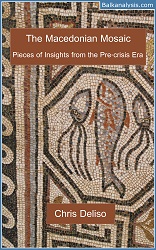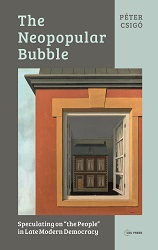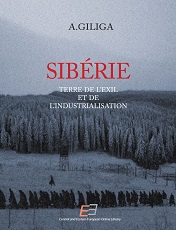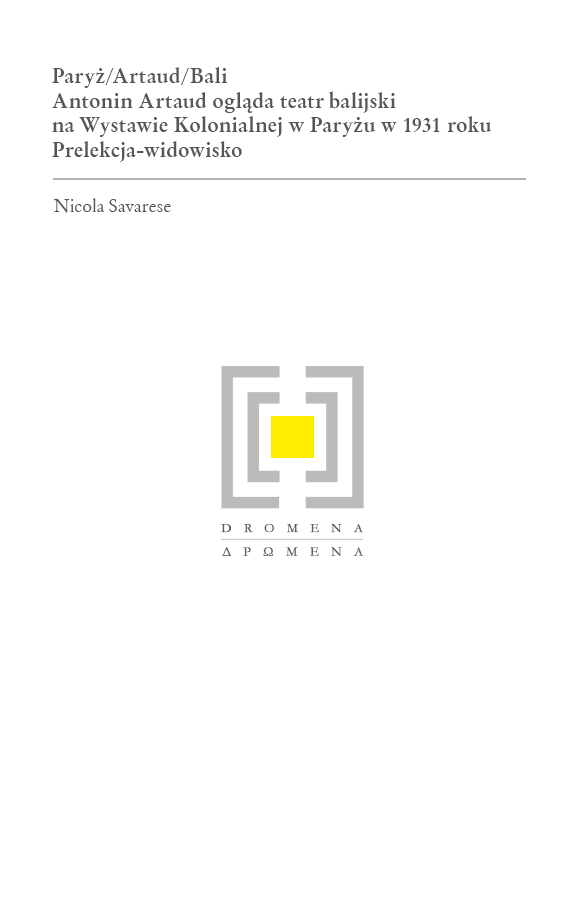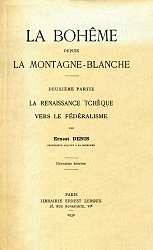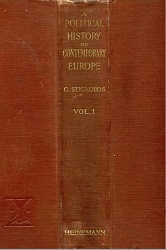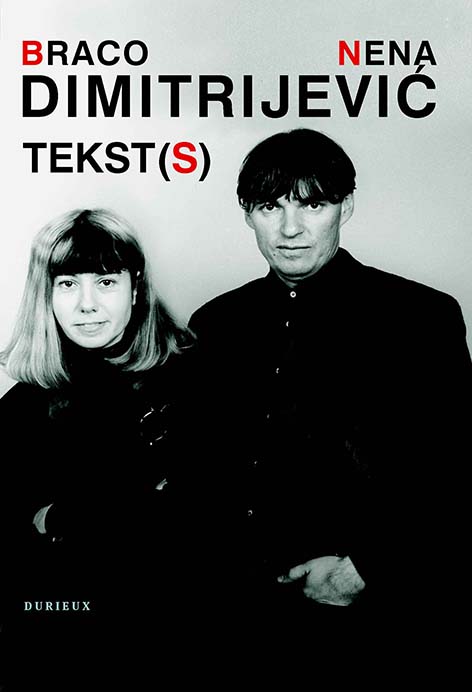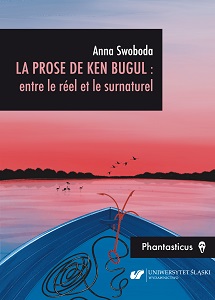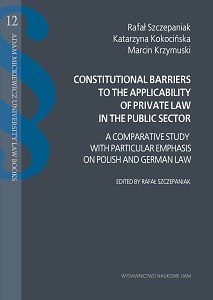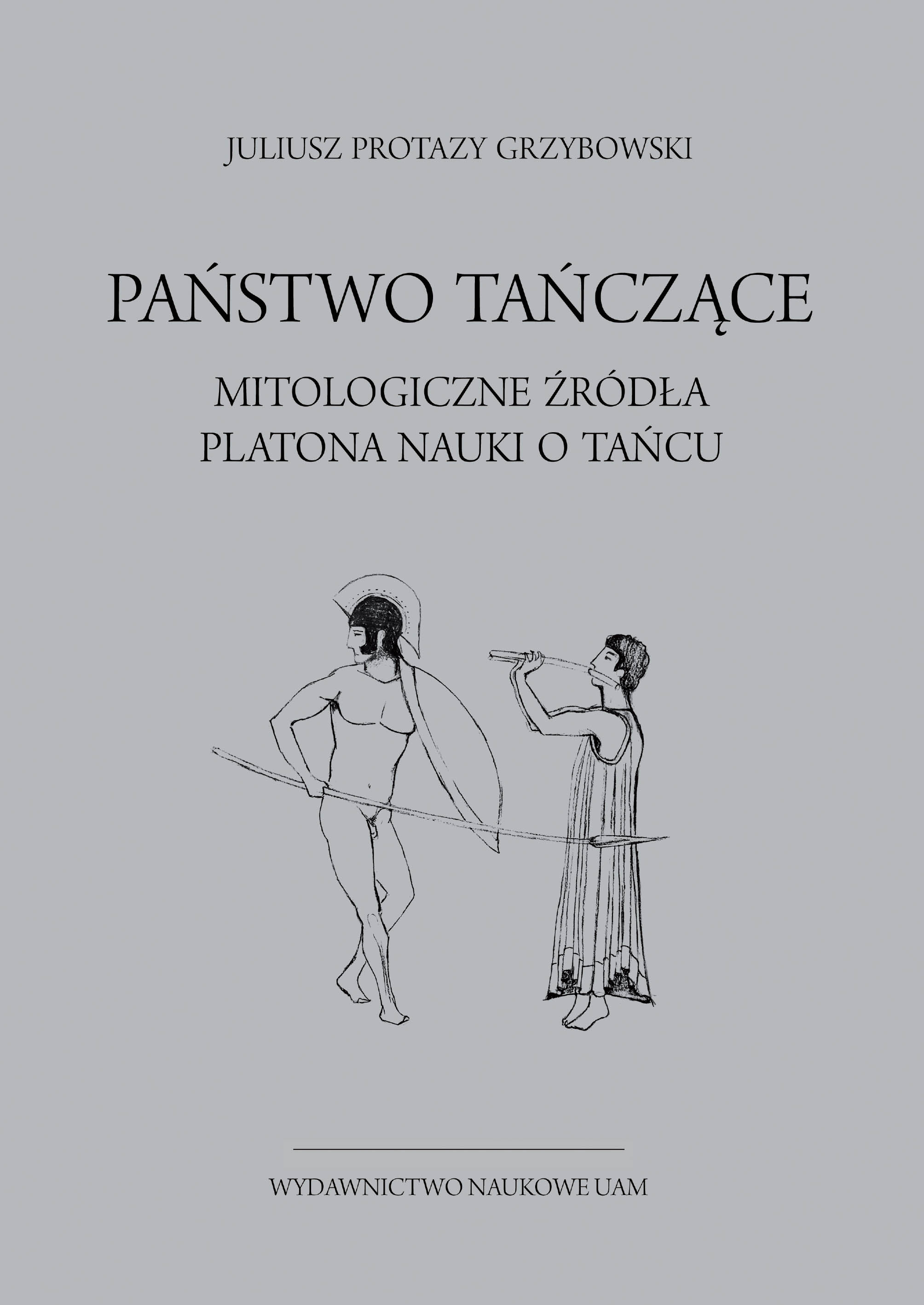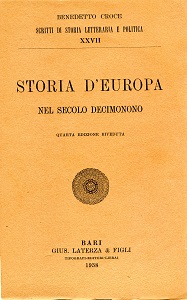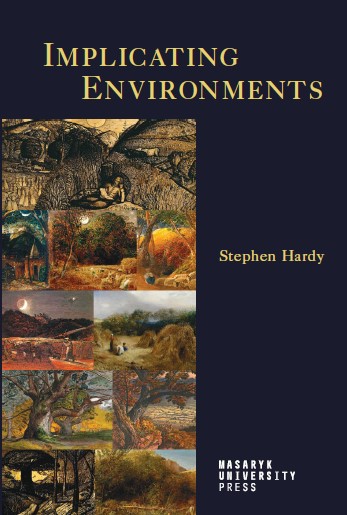
Kill the Wanderer. The Secret Archives of the Bulgarian State Security Services reveal the truth about Georgy Markov - murdered in London by a poisoned umbrella
Kill the Wanderer. The Secret Archives of the Bulgarian State Security Services reveal the truth about Georgy Markov - murdered in London by a poisoned umbrella
Keywords: investigative journalism;investigative reporting;documentary;Bulgarian Politics,
“Kill the Wanderer” is a documentary investigation into one of the most emblematic crimes of the Cold War – the murder of the Bulgarian dissident writer, Georgi Markov, in London in 1978. Throughout the whole world this case acquired infamy as the “Bulgarian umbrella” murder. The assassination became an emblematic example of “wet operations” involving the secret services of the former Eastern Bloc. It recently became the subject of commentary in the media throughout the world after the death of the former Russian intelligence officer from the Federal Security Service and political émigré, Alexander Litvinenko at the end of 2006 in London, due to many of the similarities between the two cases. Although 29 years have passed since the murder and Scotland Yard still has not discovered the perpetrator, the leading opinion in the West is that the murder of the Bulgarian dissident was carried out by the Bulgarian Security Services on the orders of the then head of state in Bulgaria, Todor Zhivkov, with the assistance of the KGB. “Kill the Wanderer” for the first time calls upon specific archive materials to confirm this thesis. Hristo Hristov (1967) is one of the best investigative journalists in Bulgaria and has researched the crimes of the communist regime. He has published documentary books on the murders in the communist camps in Bulgaria (1944–1962) and on the kidnapping of the Bulgarian émigré, Boris Arsov by the Bulgarian State Security Services from Denmark in 1974. Work on the “Kill the Wanderer” took him six years (1999–2005) and as a court reporter he has reported on the Markov murder case since 1991. His book is based on a number of documents hitherto unknown, many of which are from the secret archives of the former State Security Services.
More...
